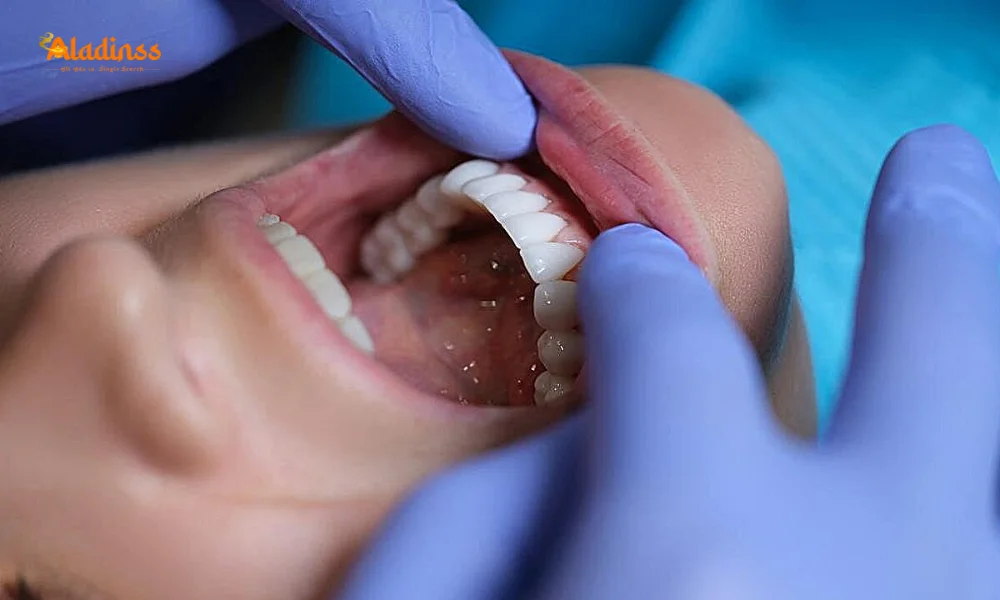Cardiologist Heart Attack Risks Menopause 2025

Cardiologist Warns of High Heart Attack Risks After Menopause; Shares 5 Signs: Neck Pain, Irregular Heartbeats and More
Menopause marks a significant transition in a woman’s life, characterized by hormonal shifts as menstruation ceases, bringing familiar symptoms like hot flashes and mood swings. However, this natural phase also heightens the risk of a potentially fatal condition: heart attack. On September 9, 2025, at 02:30 PM IST, Dr. Anand R. Shenoy, a consultant interventional cardiologist at Manipal Hospital, Old Airport Road, provided critical insights in a breaking news update. This latest report explores why menopausal women face increased heart attack risks and highlights five warning signs, offering essential guidance for women’s health awareness.
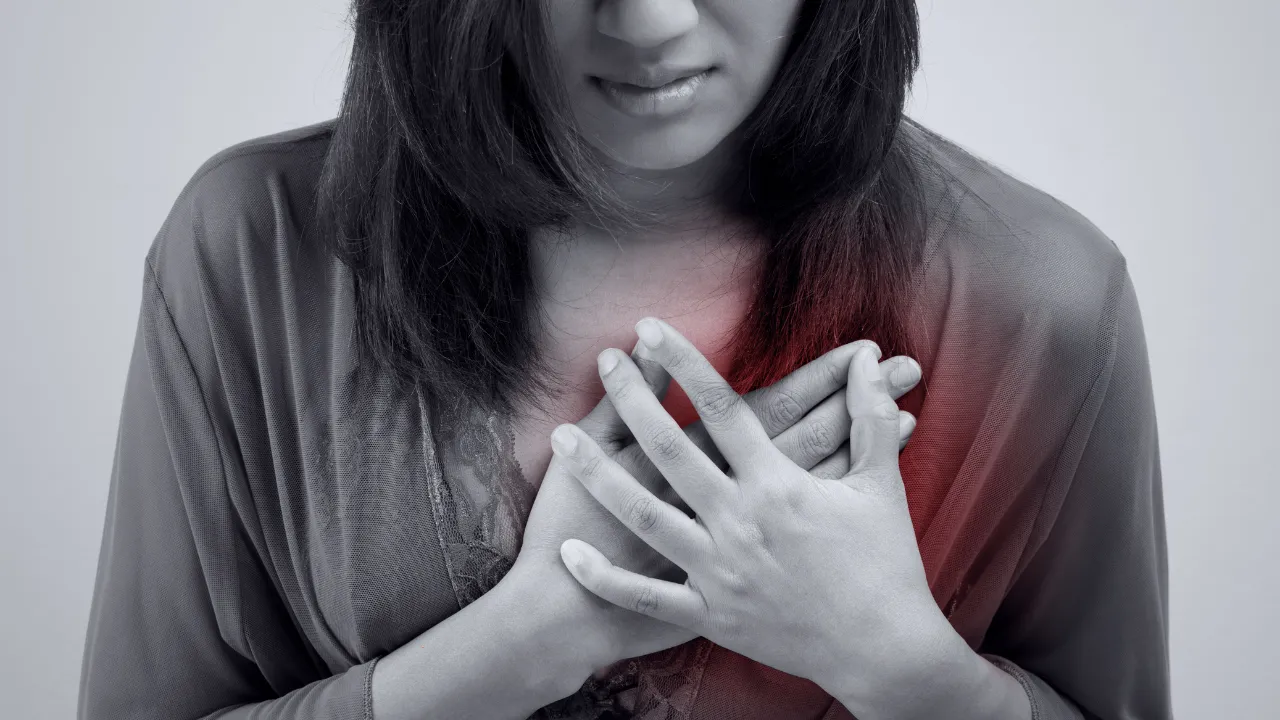
Understanding Menopause and Heart Health Risks
Menopause, typically occurring between the late 40s and early 50s, involves a sharp decline in estrogen, a hormone crucial for heart health. Dr. Shenoy explains, “Estrogen helps keep blood vessels relaxed, increases blood flow, and lowers bad cholesterol levels. As estrogen levels fall dramatically, blood pressure rises, cholesterol levels shift, and fat increases around the heart, all of which lead to a greater risk of heart attack.” This hormonal change, combined with menopause-related symptoms like hot flashes and night sweats, has been linked to cardiovascular disease, making it a critical period for women’s health monitoring.
The vulnerability to heart attacks during menopause is often underestimated. Unlike men, women may not recognize the severity of these risks, leading to underdiagnosis and delayed treatment. Dr. Shenoy emphasizes, “Women have a lower perception of the risks.” This perception gap, coupled with atypical symptoms, underscores the need for education and proactive health measures, positioning this report as a vital resource in the latest development of women’s cardiovascular care.
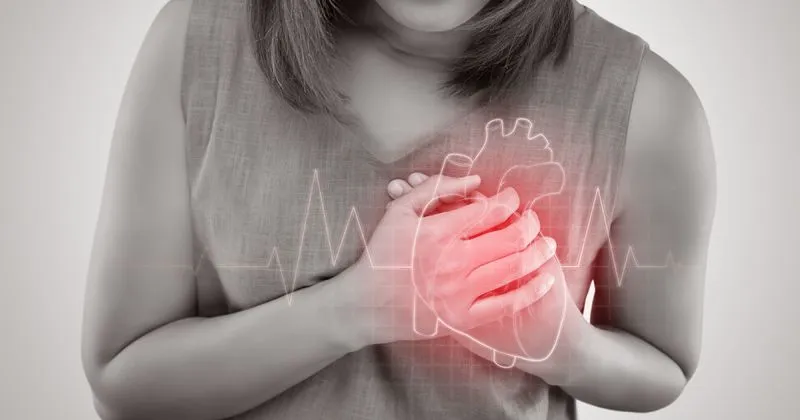
Also Read: Woman Lost Belly Fat 2025 Diet Tips
Why Heart Attacks Are Stealthy in Women
Heart attacks in women, particularly during menopause, present unique challenges due to their subtle and atypical symptoms. Dr. Shenoy notes, “The symptoms are not always traditional, they are a bit different and may even overlap with other health conditions.” This stealthy nature can lead to delayed diagnosis, as women might mistake these signs for less severe issues, such as stress or aging. The cardiologist’s warning highlights the importance of awareness to prevent life-threatening delays in treatment.
Research supports this concern, indicating that women are more likely to experience symptoms like neck pain or irregular heartbeats rather than the classic chest pain associated with heart attacks in men. This difference necessitates a tailored approach to detection and prevention, especially during the vulnerable perimenopausal and postmenopausal phases. Dr. Shenoy’s insights provide a foundation for understanding these risks, making this article a key update in cardiovascular health trends.
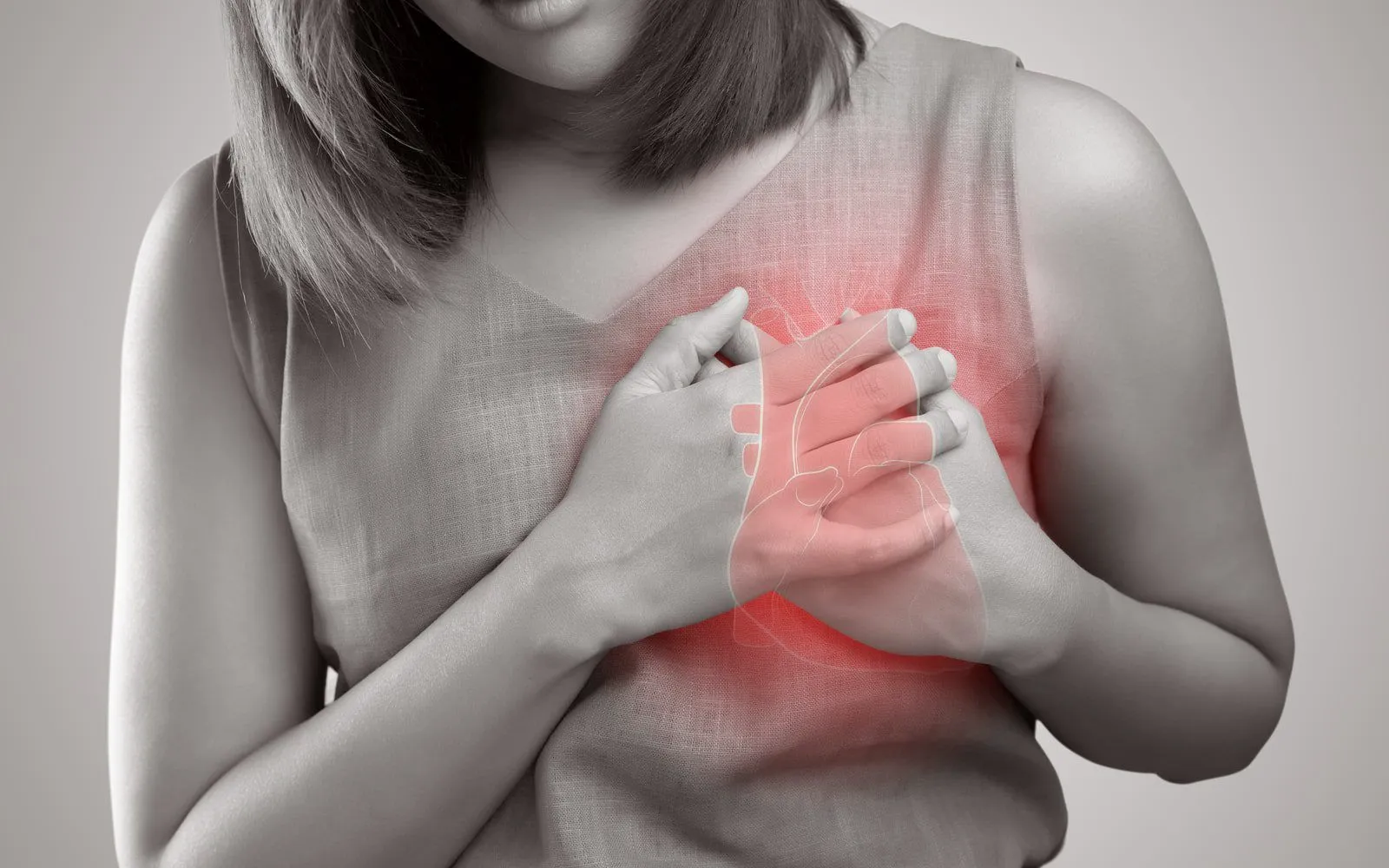
Five Warning Signs and Prevention Tips
To empower menopausal women, Dr. Shenoy has outlined five warning signs to watch for and five prevention tips to reduce heart attack risks. These recommendations are designed to promote early detection and foster heart-healthy habits, applicable to both perimenopausal and postmenopausal women. Below is a detailed guide to help women take charge of their cardiovascular health during this critical life stage.
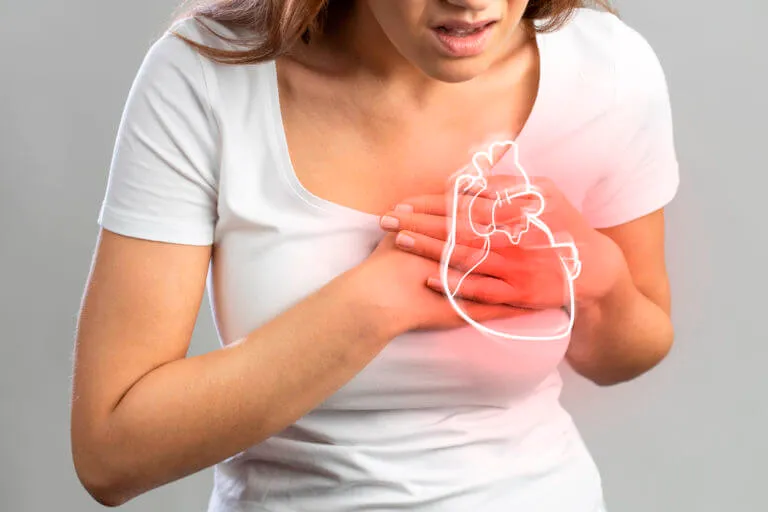
Five Warning Signs Menopausal Women Should Know
Recognizing the signs of a potential heart attack is crucial for timely intervention. Dr. Shenoy’s list includes symptoms that may differ from the typical male presentation, emphasizing the need for vigilance. These signs, often subtle, can serve as early indicators, prompting women to seek medical attention and potentially save lives.
1. Chest Pain or Discomfort
Unlike the crushing chest pain often seen in men, women may experience a more subtle discomfort or pressure in the chest. This can radiate to the back, neck, jaw, or arms, often accompanied by shortness of breath. Dr. Shenoy advises immediate medical consultation if this persists, as it could signal a heart attack.
2. Neck Pain
Neck pain, especially if sudden or unexplained, can be a red flag during menopause. This symptom may occur alongside other signs and is often overlooked. Dr. Shenoy stresses that persistent neck discomfort warrants a check-up to rule out cardiac issues, particularly in the postmenopausal phase.
3. Irregular Heartbeats
Palpitations or irregular heartbeats can indicate a heart rhythm problem, a risk heightened by estrogen decline. Dr. Shenoy notes that this symptom, often felt as a skipped or racing beat, should prompt a visit to a cardiologist for evaluation, especially if frequent during menopause.
4. Dizziness or Light-headedness
Feeling faint or unsteady can be a sign of reduced blood flow to the brain, potentially linked to a heart issue. Dr. Shenoy advises women to monitor this symptom, particularly if it occurs with other signs, as it may indicate a need for urgent medical attention during menopause.
5. Unusual Fatigue
Extreme tiredness or weakness, beyond normal menopause-related fatigue, can signal a heart problem. Dr. Shenoy highlights that this symptom, if persistent, should not be ignored, as it may reflect the heart’s struggle to meet the body’s demands during this transitional phase.
Five Prevention Tips for Heart Health
Proactive lifestyle changes can significantly reduce heart attack risks during menopause. Dr. Shenoy’s prevention tips focus on holistic health, addressing diet, exercise, stress, sleep, and smoking cessation. These measures are essential for both perimenopausal and postmenopausal women to maintain optimal cardiovascular health.
1. Exercise
Regular physical activity is vital for maintaining a healthy weight and heart. Dr. Shenoy recommends aiming for a BMI under 25 and engaging in 150 minutes of moderate aerobic exercise weekly, such as 30-minute sessions five days a week, or 75 minutes of vigorous activity. This helps improve circulation and reduce fat accumulation around the heart.
2. Diet
A balanced diet rich in fruits, vegetables, whole grains, and lean proteins supports heart health. Dr. Shenoy advises minimizing saturated fats, sugars, and sodium to control cholesterol and blood pressure, key factors in preventing heart attacks during menopause.
3. Stress
Chronic stress can exacerbate heart risks. Dr. Shenoy suggests stress-relieving techniques like meditation, yoga, and deep breathing to lower cortisol levels, improving cardiovascular resilience during the hormonal changes of menopause.
4. Sleep
Quality sleep, ideally 7-8 hours nightly, is essential for managing stress and supporting heart health. Dr. Shenoy emphasizes that poor sleep can elevate blood pressure and inflammation, increasing heart attack risks, making it a priority for menopausal women.
5. Quit Smoking
Smoking cessation significantly reduces heart disease risk. Dr. Shenoy notes that quitting improves overall health and lowers cardiovascular strain, a critical step for women navigating the increased risks of menopause.

Proactive Measures for Menopausal Women
Dr. Shenoy advocates for proactive health management, urging women to track blood pressure weekly, undergo annual cardiac screenings, and recognize heart attack signs. He states, “Tracking of signs and symptoms can provide early intervention and heart attack prevention during these vulnerable periods.” This approach, combined with lifestyle changes, is essential for mitigating risks during perimenopause and postmenopause.
Perimenopause, beginning 10 years before menopause (around the mid-40s) and lasting four to eight years, and postmenopause, marked by 12 consecutive months without periods, both carry heightened risks. Women in their late 30s onward should adopt these habits and seek medical advice if symptoms arise, making this report a comprehensive guide to the latest cardiovascular health update.
Comment / Reply From
No comments yet. Be the first to comment!



